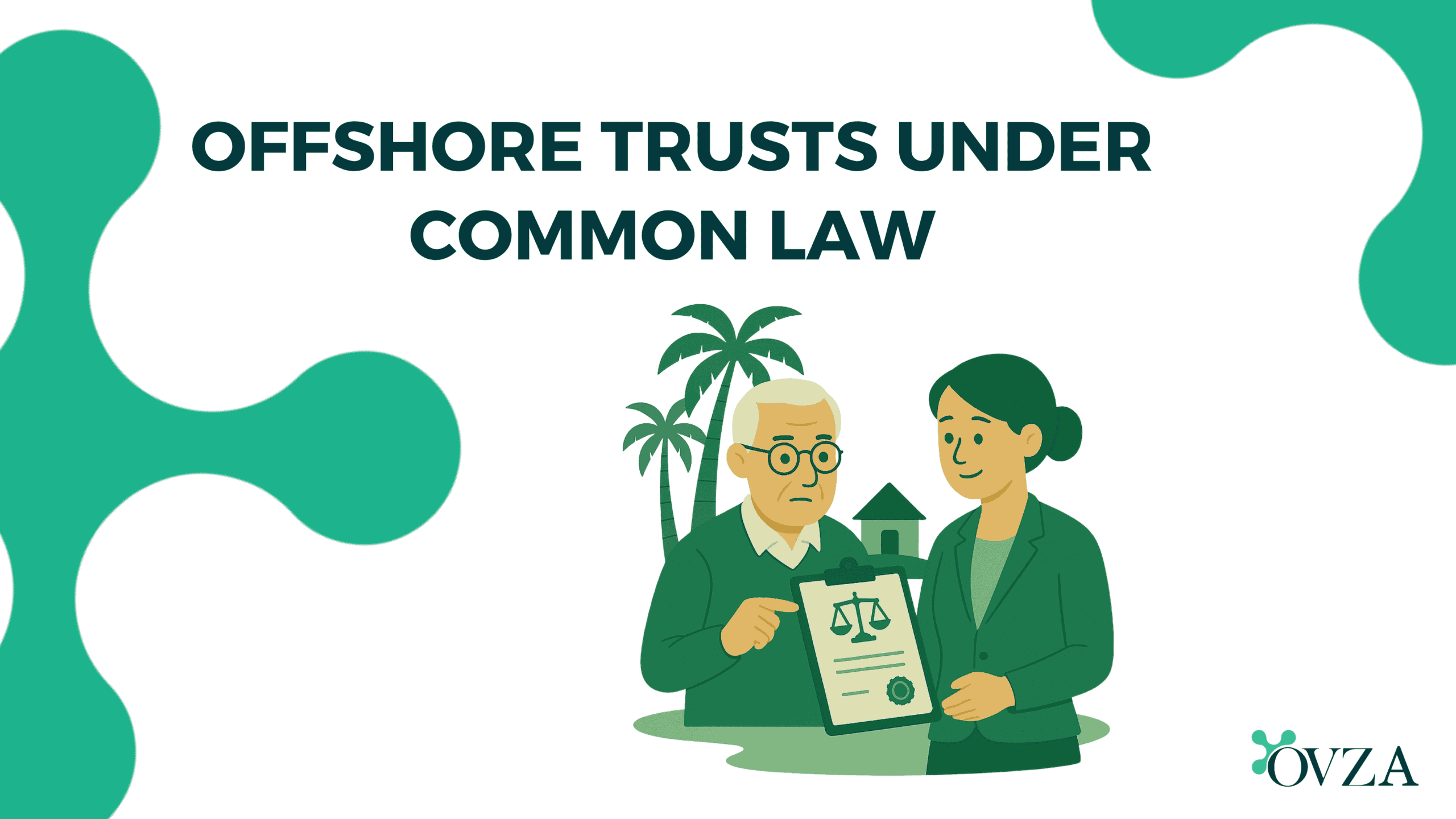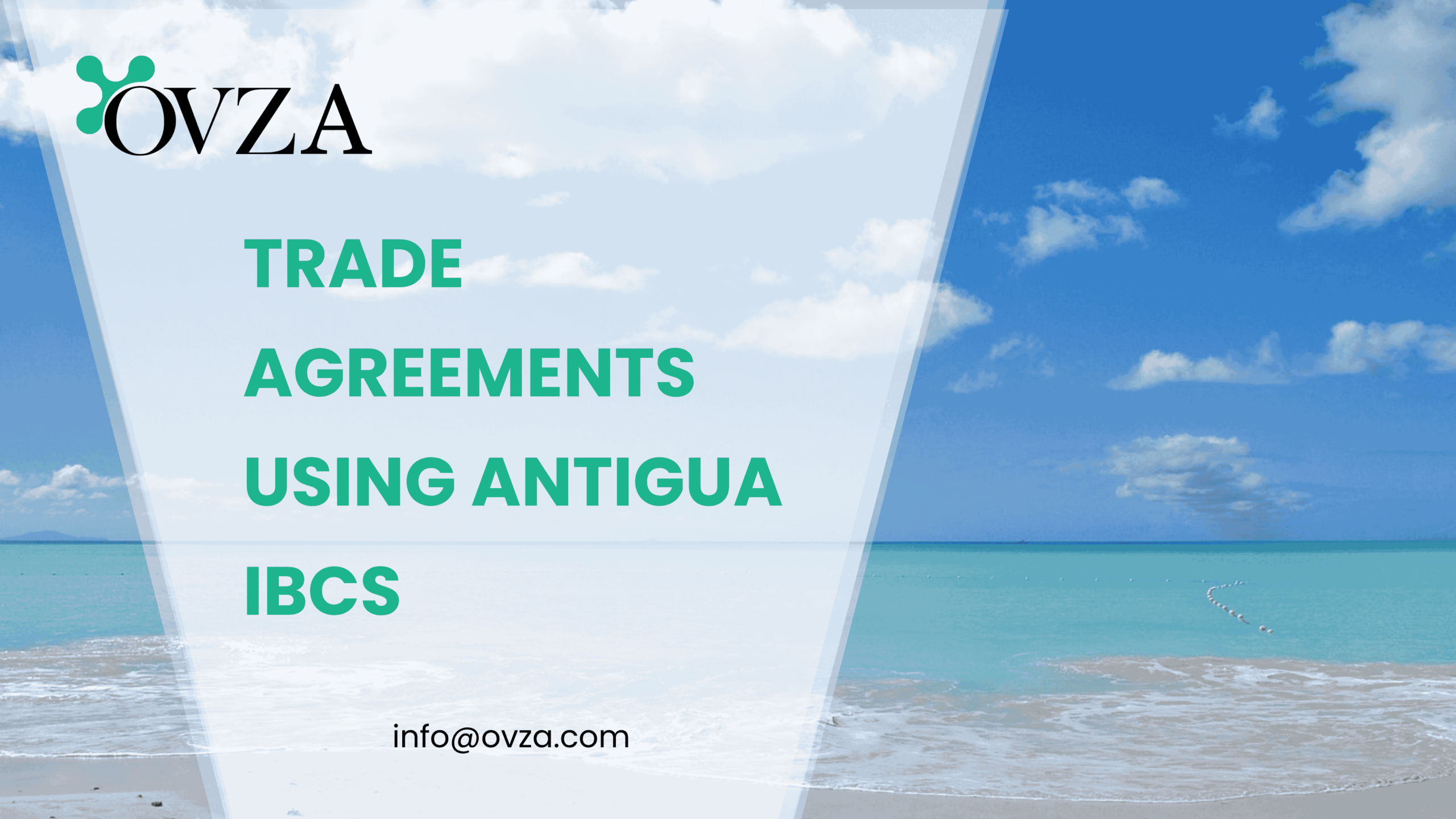Offshore trusts under common law rely on fiduciary duties, asset protection statutes, and cross-border legal enforceability.These offshore trusts continue to play a significant role in international wealth structuring, estate planning, and asset protection. At their core, offshore trusts function according to foundational principles derived from English equity jurisprudence, where the bifurcation of legal and beneficial ownership enables the settlor to transfer assets into a trust while separating control from benefit. This division is legally recognized and enforceable under common law systems, making these trusts attractive for multijurisdictional estate and asset arrangements.
Legal Nature and Historical Foundation
The structure of an offshore trust is fundamentally grounded in three legal elements: the settlor, who creates the trust and contributes the assets; the trustee, who holds legal title and manages the trust in accordance with fiduciary duties; and the beneficiary, who enjoys the beneficial interest under the terms of the trust instrument. In offshore jurisdictions such as the British Virgin Islands, and the Cayman Islands, these arrangements are reinforced by local trust statutes that codify long-standing common law doctrines while providing additional asset protection measures not typically found in onshore legal systems.
The concept of the offshore trust has evolved significantly from its historical antecedents in English law, particularly through the influence of the Trustee Act 1925 and the development of case law that delineates fiduciary obligations and trust administration. These common law principles have been selectively adopted and modified by offshore jurisdictions to support international structuring needs, often incorporating statutory non-recognition of foreign forced heirship claims or judgments inconsistent with local trust law.
One of the core advantages of the offshore trust under common law is its flexibility. Discretionary trusts, purpose trusts, and reserved powers trusts allow settlors and trustees to customize the administration of assets while preserving the fundamental legal architecture of the trust. For instance, in jurisdictions such as Nevis, legislation permits the establishment of asset protection trusts that immunize trust property from certain types of creditor claims and legal challenges, provided the trust was not created with the intent to defraud.
The offshore trust regime is also intertwined with issues of transparency, reporting, and regulatory compliance. While the trust structure itself remains a private legal relationship, developments such as the OECD’s Common Reporting Standard (CRS) and the expansion of ultimate beneficial ownership (UBO) registers have led to increased disclosure obligations for trustees. Nonetheless, in many common law-based offshore jurisdictions, trusts are not publicly registered, preserving a degree of confidentiality that distinguishes them from corporate structures.
In commercial and family planning contexts, the offshore trust is often used alongside offshore companies or foundations to hold shares, manage intellectual property rights, or direct succession outcomes in a manner that avoids probate and cross-border inheritance conflicts. These layered structures rely heavily on the legal predictability and historical legitimacy of the trust concept within common law systems.
Fiduciary Duties and Trust Governance in Offshore Jurisdictions
The enforceability and legitimacy of offshore trusts under common law depend largely on the governance of fiduciary duties by the appointed trustee. The trustee’s role, derived from equitable principles developed in English courts, is central to the administration of the trust and must be executed with loyalty, prudence, impartiality, and accountability. Offshore jurisdictions with a common law foundation, such as Belize, have developed statutory trust regimes that reflect these fiduciary standards while allowing for structural enhancements tailored to international clients.
In Belize, trust law is shaped by the Belize Trusts Act, which incorporates traditional English legal doctrines but goes further by providing enhanced asset protection features. This includes the non-recognition of foreign judgments regarding matrimonial property or creditor claims, provided that the trust was not created with the intent to defraud. Such legislative provisions are instrumental in solidifying Belize’s position as a jurisdiction where offshore trusts may be used for lawful asset segregation, inheritance planning, and creditor shielding.
The trustee’s fiduciary responsibilities must be understood in relation to both the settlor’s intent and the legal duties imposed by the trust deed and the law of the jurisdiction. In common law-based systems like Belize, trustees must act solely in the interest of the beneficiaries, avoid self-dealing, maintain proper accounts, and manage trust assets with the care of a prudent person. The doctrine of the duty to act prudently was reaffirmed in Nestle v National Westminster Bank plc [1992] EWCA Civ 12, which remains persuasive authority in offshore trust litigation.
Importantly, many offshore trust instruments grant the settlor reserved powers, such as the right to appoint or remove trustees, veto investment decisions, or amend trust terms. While such clauses enhance control, they also raise questions about the independence of the trustee and the risk of recharacterizing the trust as a mere nominee arrangement. Belize’s statutory regime accommodates reserved powers trusts, but trustees must still exercise independent judgment and avoid mechanical obedience to settlor instructions that conflict with fiduciary duties.
Offshore trust governance is also impacted by the growing demands of international compliance regimes. Trustees in jurisdictions like Belize are increasingly required to satisfy anti-money laundering (AML) obligations, conduct customer due diligence (CDD), and cooperate with information exchange initiatives such as the Financial Action Task Force (FATF). However, compliance with these obligations does not alter the internal legal obligations of the trustee, which remain governed by trust law and equity.
Legal disputes involving offshore trusts under common law often center on breaches of fiduciary duty, improper exercise of discretion, or conflicts between beneficiaries. Courts in jurisdictions like Belize are empowered to provide equitable remedies, including removal of trustees, orders for accountings, and directions for the administration of trust property. In addition, non-contentious proceedings may be initiated to seek judicial advice on complex matters of trust interpretation or discretionary distributions.
The offshore trust, when established and administered within the confines of common law fiduciary norms, serves as a legally resilient vehicle capable of holding diversified assets, spanning across bank accounts, real estate, securities, and even intellectual property. The flexibility inherent in common law trusts permits these arrangements to adapt to evolving family dynamics, regulatory frameworks, and international mobility without sacrificing legal certainty or enforceability.
Offshore Trusts and Cross-Border Legal Considerations
Offshore trusts created under common law systems are frequently designed to function across borders, yet their effectiveness relies on the careful coordination of conflict of law principles, recognition rules, and asset enforcement frameworks. When a trust is formed in a jurisdiction like Saint Lucia or Seychelles, its interaction with foreign courts and creditors depends on whether the trust’s governing law will be upheld and the extent to which local protections resist foreign legal claims.
Under common law, the governing law of the trust is generally respected so long as the trust is validly created under the laws of the offshore jurisdiction. For example, in Seychelles, the International Trusts Act provides express rules that deny enforcement of foreign judgments if they contravene Seychelles public policy or attempt to override local asset protection provisions. This principle is often reinforced by statutory non-recognition clauses, which serve to insulate the trust from forced heirship rules, community property regimes, or creditor claims arising under foreign law.
However, offshore trusts are not immune to legal challenges in courts outside their jurisdiction of creation. In jurisdictions that do not recognize trusts—such as civil law countries—the offshore trustee may face difficulties asserting title or defending against claims unless a treaty or statute allows for recognition. The Hague Convention on the Law Applicable to Trusts and on their Recognition (1985) addresses these issues, but only applies in states that have ratified the treaty. Neither Saint Vincent and the Grenadines nor the Marshall Islands are party to the convention, so recognition in such cases is handled through private international law doctrines or judicial comity.
Further complexity arises when trust assets are held outside the offshore jurisdiction. For example, if a Saint Kitts trust holds bank accounts or securities in Europe, the ability to protect those assets from enforcement will depend on whether the European court respects the trust structure, the identity of the trustee, and the nature of the beneficiary’s interest. These legal uncertainties underscore the importance of jurisdictional asset planning and legal opinions when trusts are used to hold property abroad.
Another cross-border consideration involves taxation. While many offshore jurisdictions such as Belize, Anguilla, and Saint Lucia impose no local taxes on international trusts, tax liability may arise in the settlor’s or beneficiary’s country of residence. Trust structures involving U.S. persons, U.K. residents, or EU tax residents must be carefully reviewed in light of controlled foreign corporation (CFC) rules, settlor-beneficiary attribution doctrines, and mandatory disclosure regimes like the EU’s DAC6. The failure to properly classify the trust under local tax laws may trigger penalties, audits, or adverse tax consequences for the parties involved.
Despite these challenges, offshore trusts governed by common law continue to be relied upon in international succession, charitable foundations, and cross-border asset strategies. When combined with offshore companies and modern legal drafting, trusts offer intergenerational continuity, dispute avoidance, and privacy mechanisms that are otherwise unavailable in many civil law systems.
As legal standards evolve, offshore jurisdictions under common law—such as Saint Lucia, Seychelles, and the British Virgin Islands—remain at the forefront of trust innovation. Their ability to harmonize traditional equity principles with modern legislation allows for flexible and secure arrangements that withstand jurisdictional scrutiny while meeting contemporary planning needs. The continued recognition of offshore trusts in commercial and legal practice affirms their enduring role in transnational private law.
Conclusion
Offshore trusts under common law remain a sophisticated and adaptable legal instrument, deeply rooted in equity jurisprudence and refined through statutory innovation in jurisdictions such as Seychelles, Belize, Saint Lucia, and the British Virgin Islands. Their legal validity depends on strict adherence to common law trust principles, including the separation of legal and beneficial ownership, the enforceability of fiduciary duties, and the formalities required to constitute the trust.
When properly structured, an offshore trust serves not merely as a wealth planning tool but as a durable mechanism for protecting assets, managing succession, and navigating multi-jurisdictional legal systems. Offshore jurisdictions that uphold the integrity of the trust relationship while reinforcing legal certainty through non-recognition statutes and trustee protections offer a compelling environment for international clients seeking long-term legal stability.
Despite increasing global compliance pressures and varying recognition across foreign courts, offshore trusts continue to demonstrate resilience. Their legal design—when paired with informed drafting, careful asset placement, and trustee governance aligned with fiduciary obligations—ensures they remain legally effective and enforceable under the prevailing standards of common law.
Disclaimer: The information provided on this website is intended for general reference and educational purposes only. While OVZA makes every effort to ensure accuracy and timeliness, the content should not be considered legal, financial, or tax advice.










